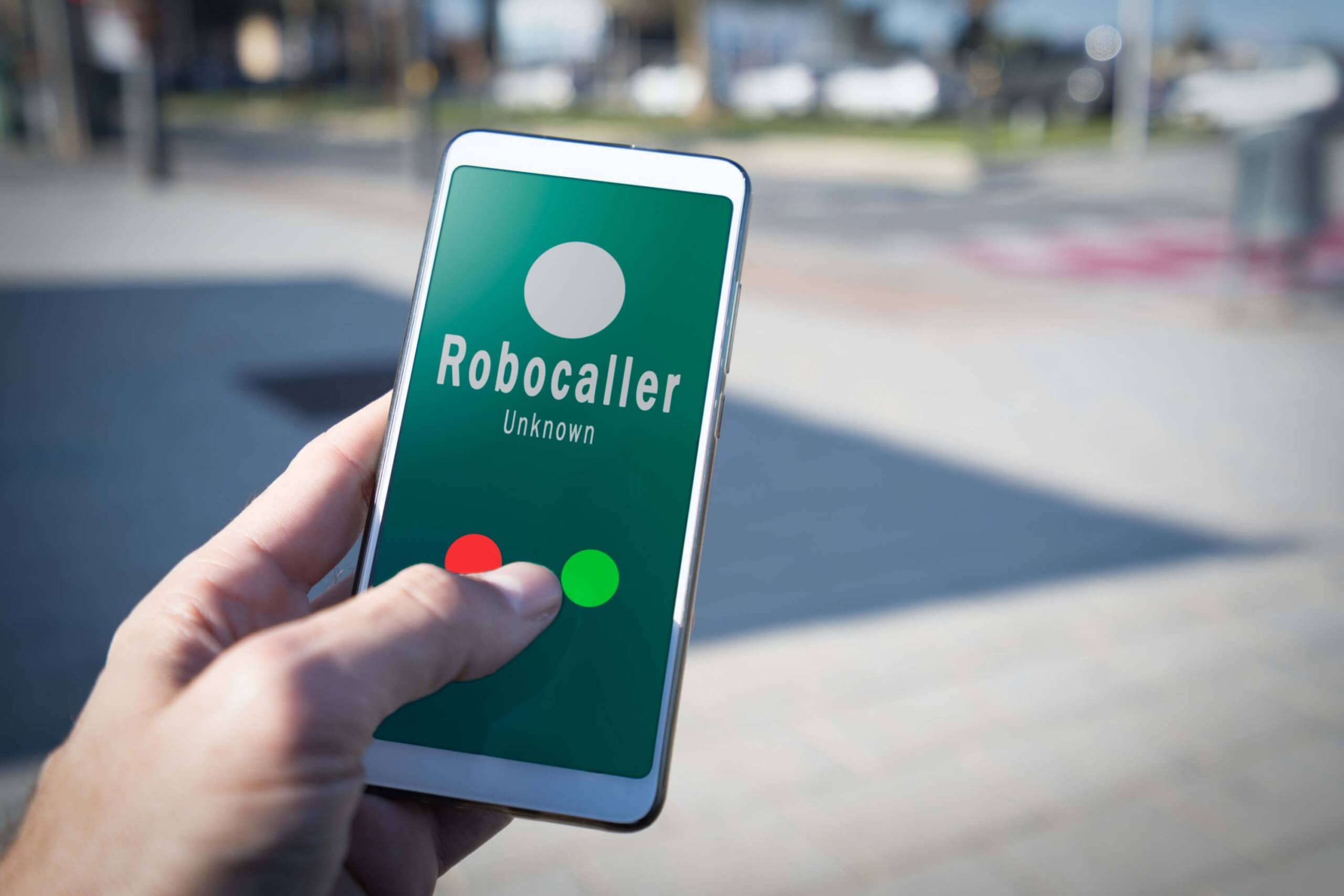In brief: The new year may bring with it a reduction in the number of automated scam calls you receive. Congress has passed the Telephone Robocall Abuse Criminal Enforcement and Deterrence Act, which the President made official on Monday. The law will give authorities and carriers more teeth when going after robocallers.
Just in time for the new year, President Trump signed S.151, otherwise known as the TRACED Act. It is a law that proposes to cutdown instances of scam and robocalls by imposing stiffer penalties for unauthenticated solicitation.
"This historic legislation will provide American consumers with even greater protection against annoying unsolicited robocalls," said White House Press Secretary Stephanie Grisham in a written statement on Monday. "This legislation will update our laws and regulations to stiffen penalties, increase transparency, and enhance government collaboration to stop unwanted solicitation. President Donald J. Trump is proud to have worked with Congress to get this bipartisan legislation to his desk and even prouder to sign it into law today."
The penalties Grisham referred to include fines as high as $10,000 per call. The punishments can also be imposed without warning, meaning that robocallers will not receive a slap on the wrist for a first offense.
"American families deserve control over their communications," said the White House.
The law increases the statute of limitations from two years to three, as well. This gives the FCC and prosecutors more time to investigate and bring charges against companies that spam calls to consumers.
Enforcement would fall on the shoulders of several agencies, including the FCC, FTC, DoJ, the Department of Commerce, the State Department, DHS, and several others. These agencies will provide feedback to Congress and recommend prosecutorial measures that can be taken at the state and federal levels.
The bill was first introduced in the Senate, where it was approved with a near-unanimous 97-1 vote last May. It was passed on to the House of Representatives, where a similar proposal called "Stopping Bad Robocalls Act" (H.R.3375) was under consideration. The House ultimately approved both bills and passed them along to the Energy and Commerce Committee.
Currently, H.R.3375 is held up in the Senate, likely to ensure that the bill is not entirely redundant. The proposal will probably be allowed to die in Congress, with legislators opting to instead amend the newly enacted legislation to include any provisions of value that the House's bill would have added.
